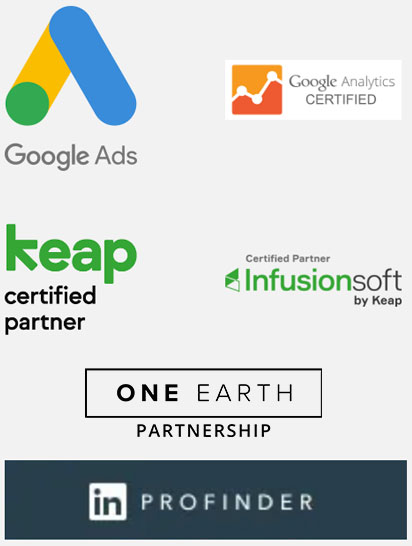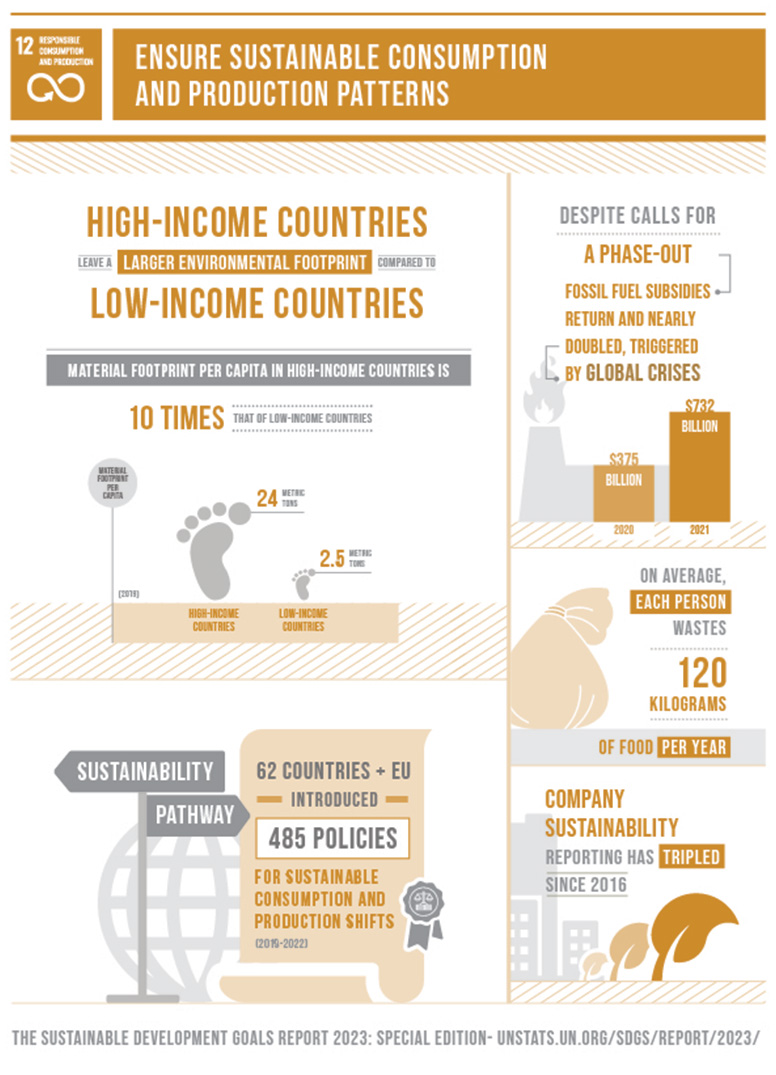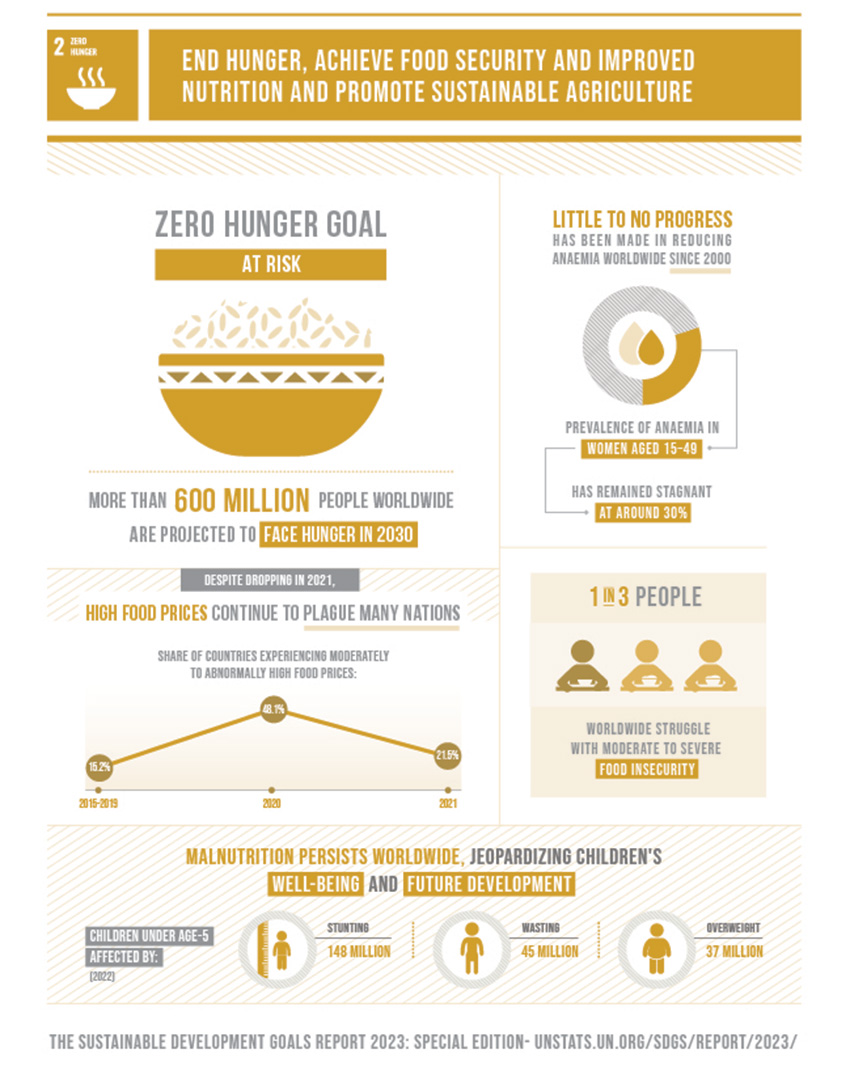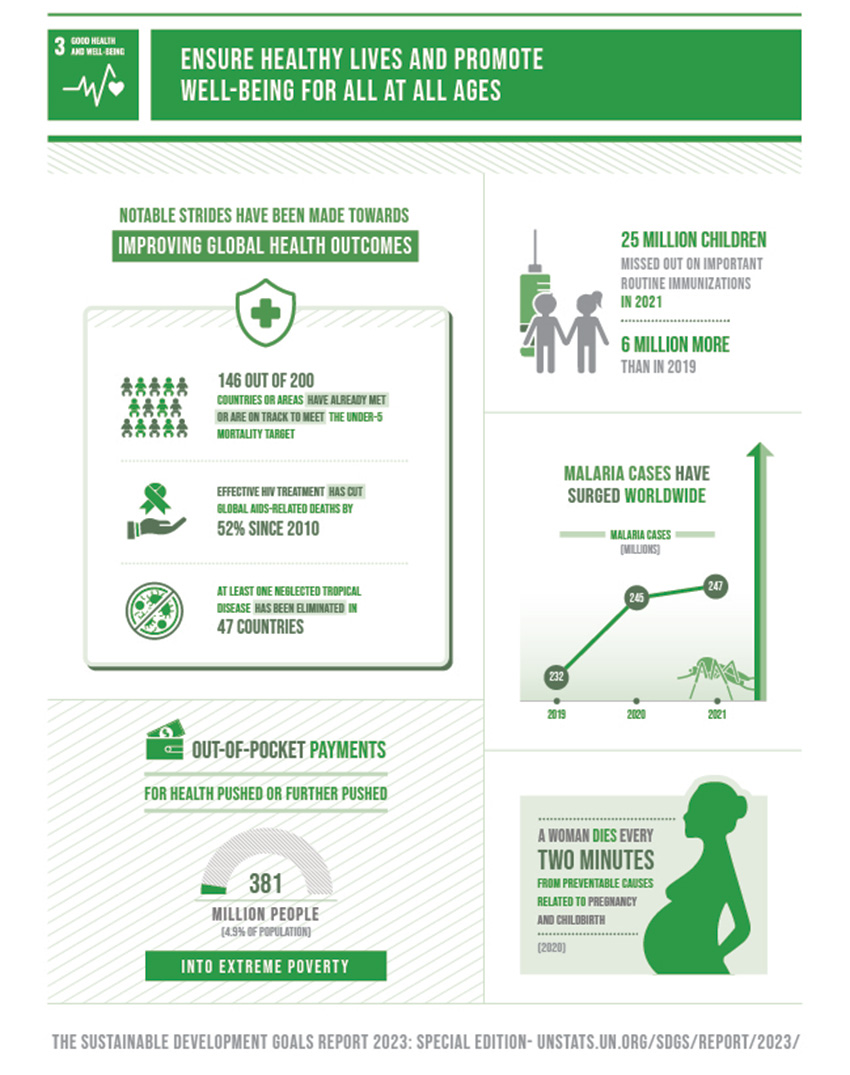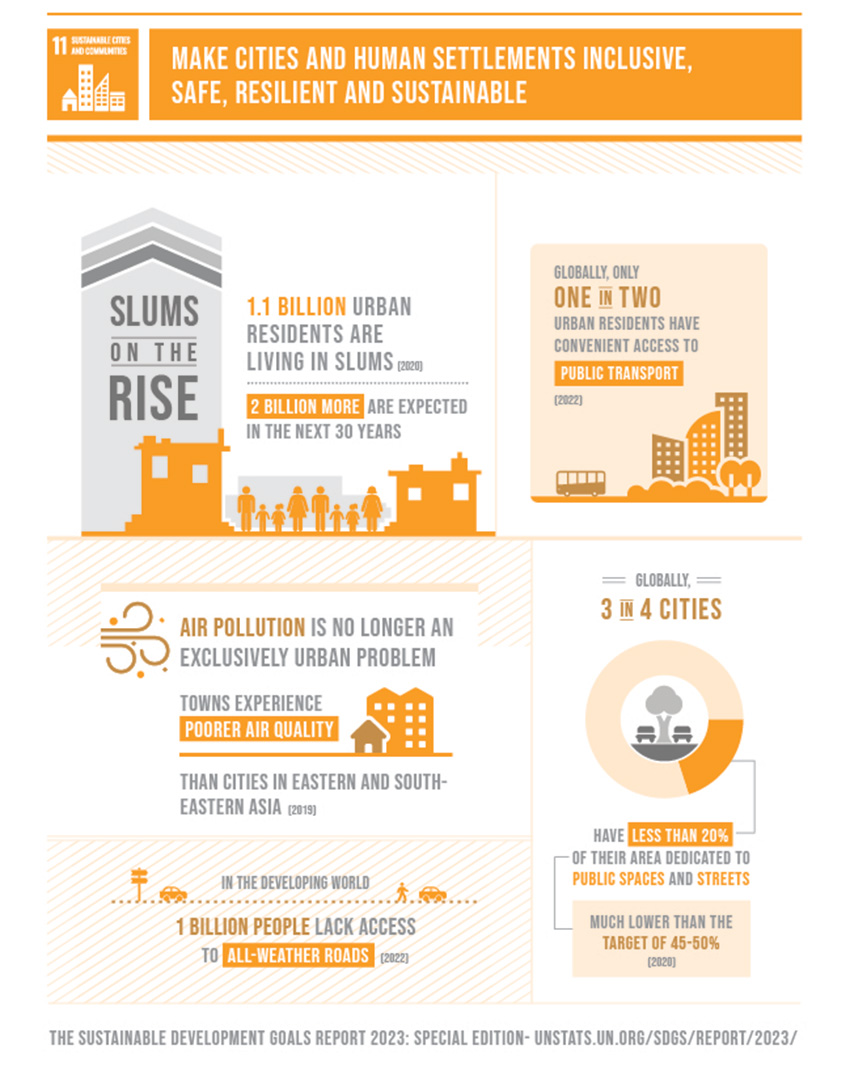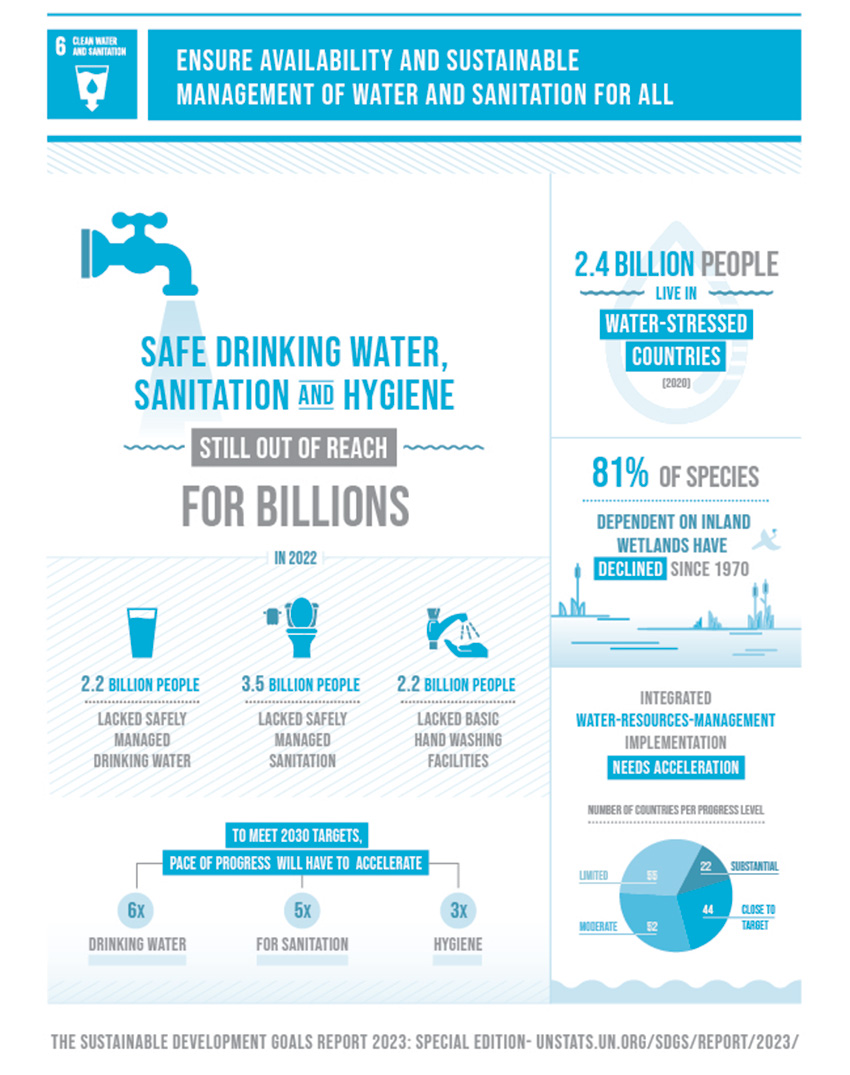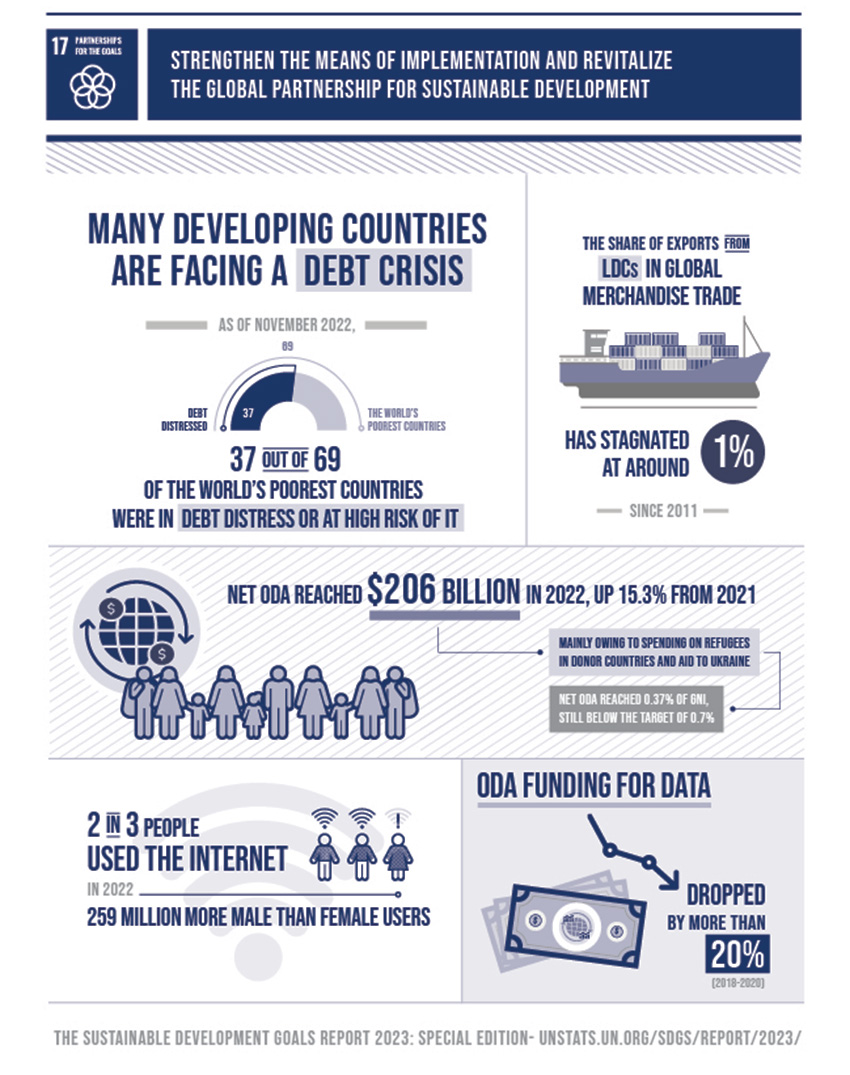
The Art of Marketing for Your Brand During a Pandemic
The advent of the COVID-19 pandemic brought with it masses of fast-paced, sometimes predictable, sometimes unpredictable changes in work and life in general. Those who are privileged enough to do so work from home, while others fear for their livelihoods as storefronts shutter their windows in their quasi-ghost towns. The question, “How does marketing for my brand during a pandemic work?” rings clear as every company attempts to find an answer that treads the line of keeping themselves afloat and staying cognizant of differing circumstances.
“Should your brand market in a pandemic world?” is a question few debate, however. According to a survey conducted by Kantar of over 35,000 global consumers, only 8% of consumers believe that brands should stop advertising. That means that 92% of people believe brands should not stop advertising. 78% of people surveyed believe that brands should help them in their daily lives. 75% believe that brands should inform their public of what they are doing. Most importantly: 74% of consumers believe consumers should not take advantage of the situation.
What does pandemic marketing look like for brands?
Kantar Insights’s Chief Innovation Officer, Rosie Hawkins said that, “there is a need to talk about brands, but to do so in a way that supports governments and consumers and is not exploitative.”
As a result, we’ve all been on the receiving end of the copious amounts of emails from brands trying to straddle that line. In fact, it seems like every company you have ever been in contact with has decided to email you, letting you know how they’re handling Coronavirus. In general, attitudes toward this move have been mostly humorous.
But writing emails to customers isn’t the only way brands have been affected. Cadbury pulled its Easter ad to help social distancing efforts, while IKEA and McCann Israel have worked to create an IKEA-style manual for staying home. MarketingWeek writes that over 50% of marketers are delaying campaigns or have at least put them under review. AdAge is working on a comprehensive list of Coronavirus-related marketing efforts.
Each brand is tackling the challenge presented by Coronavirus differently, but there is a uniting factor: all brands that are marketing well at the moment are doing so with empathy for their workers and consumers in mind.
So how should you be marketing your brand during the pandemic right now?
1. Take care of your own.
This may not seem like a marketing strategy, but according to Kantar’s research, almost 80% of consumers believe employee health should be a key priority for companies, with many emphasizing the ability for flexible work. A further 45% of consumers want to see brands’ plans to protect their services and products. Making a genuine effort to preserve your products and protect your employees during the pandemic will go a long way in showing that you are a trustworthy and honest company in this tumultuous time.
2. Continue to cultivate marketing relationships, but pivot to meet pandemic needs.
Yes, you should keep talking to your consumers. If the onslaught of emails you’re receiving from every brand you’ve interacted with in the last five years is an indication of anything, it’s that we’re all looking to build some kind of human connection. This is the relationship era of marketing; we’re trying to make connections with people. But with the pandemic leaving many cities in the US under strict stay-at-home and social distancing orders, your marketing dollars may have to shift away from investments in trade shows and out-of-home into more SEM and social spending to make and maintain those crucial connections.
3. Know that this, too, shall pass, so think in the long-term.
In that same vein, this could be a great opportunity to dig up those backlogged projects. Use this time to learn the skills you’ve wanted to acquire and to write those blog posts to have on hand. However—and this is important—this isn’t to say that you have to be productive every minute of every day. Without commutes and traffic, we have extra time. This extra time does not have to be productive. Now, more than ever, it is important that you take care of yourself as well. Remember that statistic about some 80% of people thinking employee health is important? That includes you.
We have two certainties in the era of COVID-19: that this too shall pass, and that once it does, we will see an entirely new world of managing and marketing. We’ve seen an unprecedented switch to virtual events, working from home, and creating access to products and ideas that were previously inaccessible due to location or price. Time to see what the future will bring.














